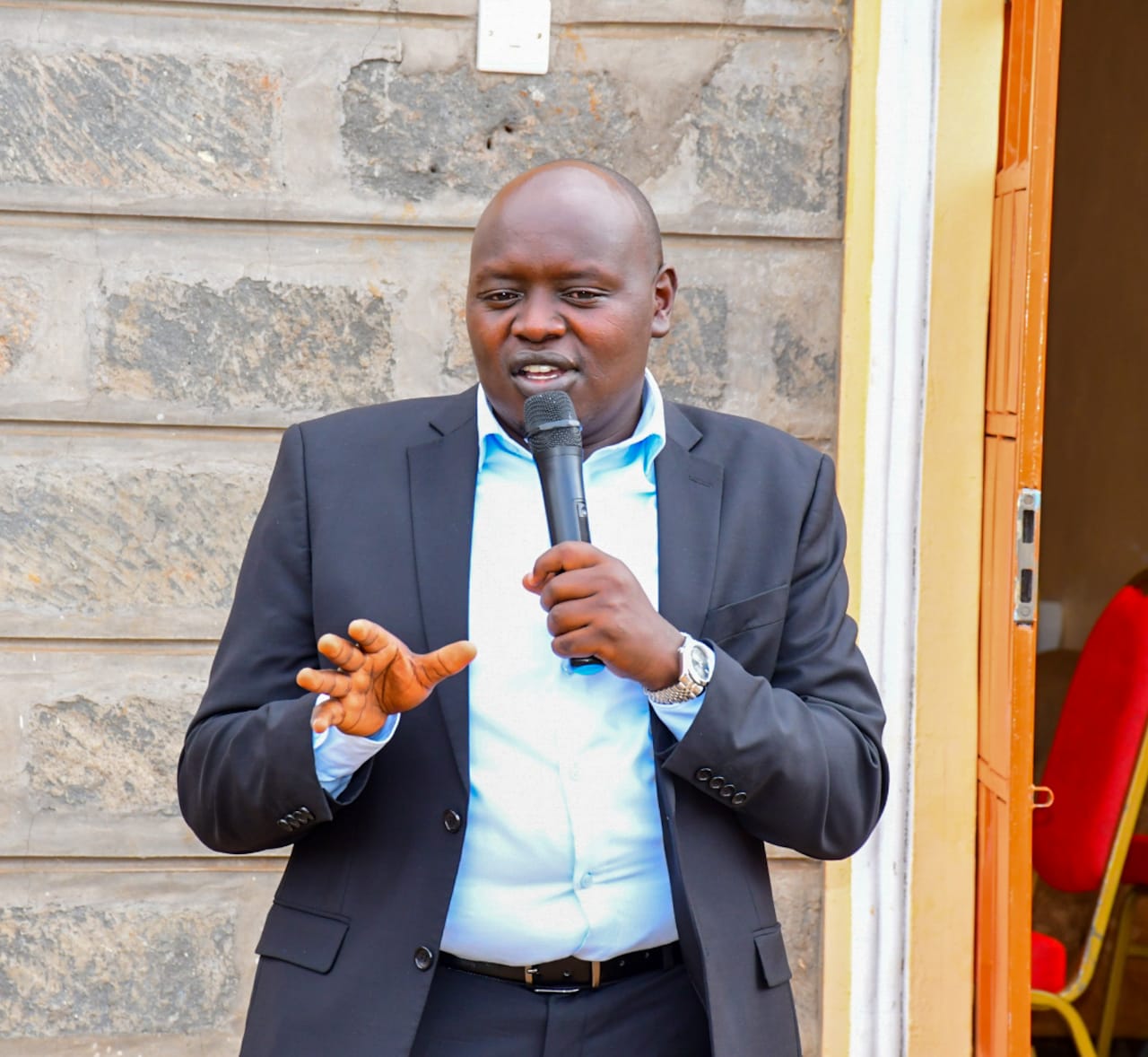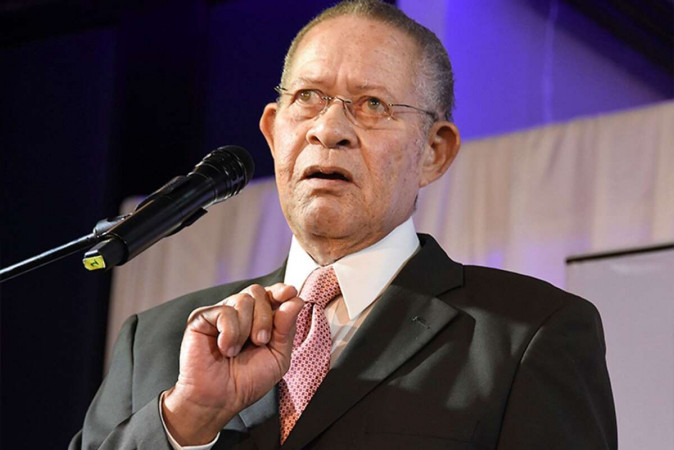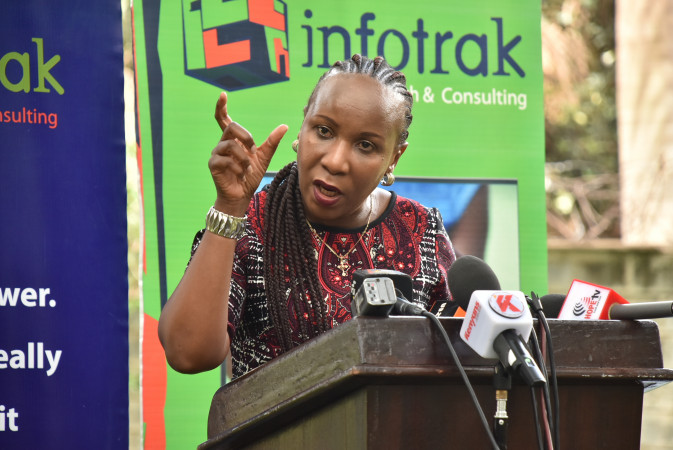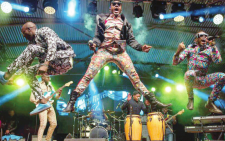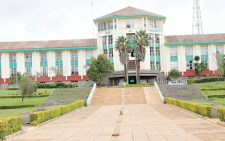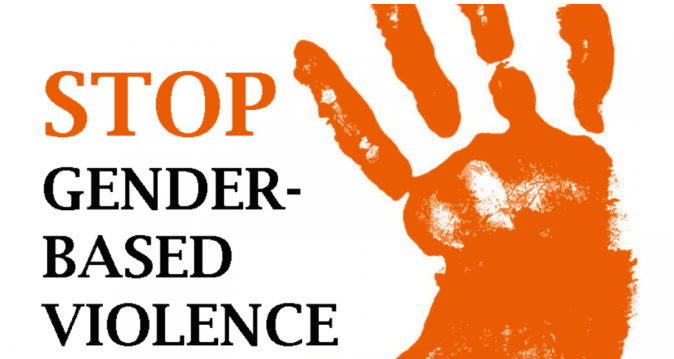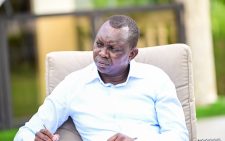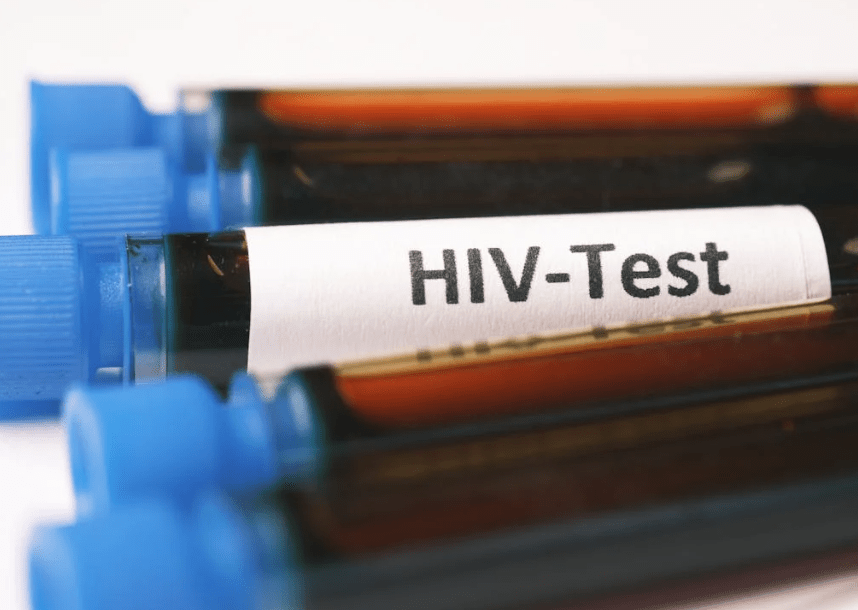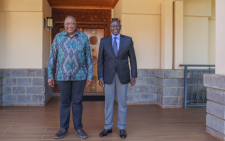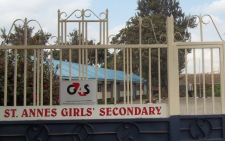Automakers optimistic about growth despite election jitters
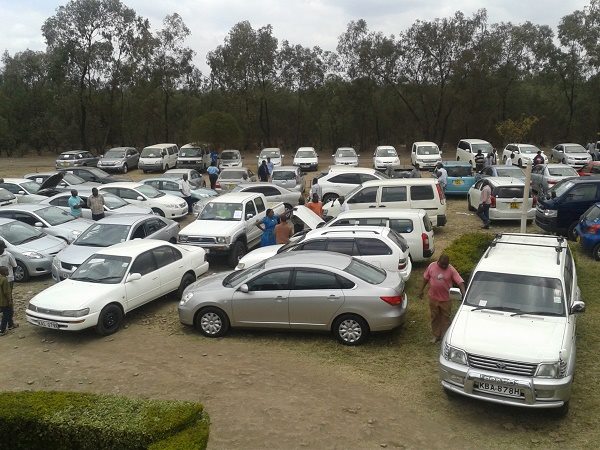
Activities in the country’s automotive retail sector are expected to continue unabated in the coming months despite earlier fears that poll jitters could halt the momentum seen since the start of the year.
Automakers are now less worried about the upcoming August 9 General Elections, a period that is synonymous with low economic activities.
Their convictions are being supported by the increased demand for their vehicles which has been solid since January following an impressive 2021 which saw players in the sector register impressive back-to-back numbers in the face of the Coronavirus pandemic.
“I think previously the issue was a logistical one even before the Russian-Ukraine war broke, but that is not the case anymore, because those people who made orders then are getting their deliveries now and that will continue even after July,” said Arvinder Reel, managing director of CFAO Automotive Kenya, formerly Toyota Kenya.
Formal motor sector
He was reacting to the latest data by the Kenya Motor Industry Association (KMIA), a lobby for the formal motor sector whose figures show that industry’s total vehicle sales stood at 5,713 total units between January and May this year. That figure stood at 4,378 vehicles – meaning the sector sold 1,335 units last month alone.
That growth was particularly impressive in the commercial segment of the auto industry for most players, according to Reel whose firm leased 592 vehicles for instance, to the national government.
“Leasing business has also been steady and this was mainly the commercial class of the sector,” he said. The industry lobby has attributed the steady market to improved economic activities since the lifting of all movement restrictions by the government in July last year.
It said this is the key decision that largely backed the improved performances seen in the first five months of the year, which is coincidentally a typically slow period for auto purchases. The latest data further shows that overall sales in the months under review bettered last year’s performance owing to restrictions that were still in force at the time but is also despite the inflationary pressures heightened by weakening shilling against world major currencies.
Even more impressive, some players in the sector who spoke previously with Business Hub had accurately predicted that May, June and perhaps July would record striking numbers. Dinesh Kotecha, Group CEO of Simba Corporation, manufacturer of Mahindra brands while admitting this year’s figures may not better last year’s performance, expects a good year for auto dealers.
“I do not expect a very busy year because of those challenges and we could go lower than what we did last year as an industry,” reiterated Kotecha who is also betting big on the implementation of the pending automotive policy.
Data from KMIA shows that domestic car dealers ended 2021 on an electric high, selling an impressive 14,250 new car sales in 12 months to December despite a tumultuous year occasioned by Covid-19.
Higher spending from buyers and ease of the economic disruption of Coronavirus restrictions as well as cheaper financing options by the banks were all mentioned as reasons for last year’s growth.
Many studies have shown that the economy is a major factor that affects how people vote, specifically in the presidential election which is slated for August 9.
High corporate profits
Strong economic growth typically translates to high job creation, stronger wage growth, better financial market performance and high corporate profits.
Industry trends also show that March and September are the peak months for sales of new cars, often through part-exchange deals. Car dealers will have lots of used cars to sell, which puts a buyer in a strong position when negotiating.
Dealers are also often keen to clear out used cars in July and early August in readiness for new models.
